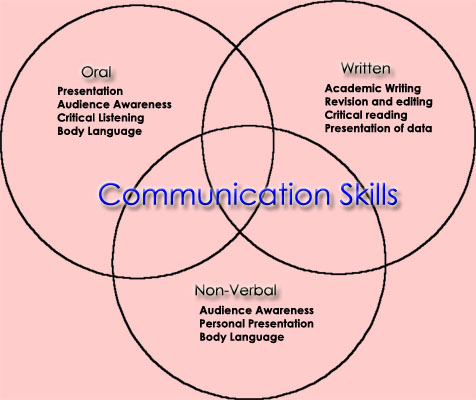A Tanzanian medical student wrote me a few years back asking why it’s relatively easier to become a fluent English speaker than an excellent writer in English language. “That at least is the experience I’m getting in my quest for better English,” Mwita Chacha, who used to be a very active Forum member, related. “I rarely have any difficulty making conversations with lecturers coming from English-speaking countries, and they are even surprised at how ‘good’ my English is compared to those of others.
“But troubles begin when I’m asked to whip up even a small official letter or write just a brief account about my educational life. I’d spend a very long time wrestling in my mind the correctness of a word, the proper preposition to apply, whether or not to use an adjective or adverb, or how long the sentences should be. A sentence that I usually make in a matter of seconds during conversation takes me almost 15 minutes to put down on paper.
“And that appears to be not a problem restricted to nonnative speakers: I spend a few minutes every day visiting various global Internet fora in English, and I won’t hesitate to say that my English-writing skills are remarkably better than those of many of their contributors who are native English speakers.”
My reply to Mwita Chacha:You are hardly alone in finding it easier to speak fluently in English than to write well in English. It’s actually a universal experience that’s true not only to learners of English but of every language as well. This happens because of the big but not well-appreciated difference between spoken language and written language, a difference that I’ll now explain as simply as I can but hopefully without being too simplistic about it.
When we speak, we simply repeat familiar phonetic sounds to convey ideas that have been clearly imprinted in our minds over time by just listening to those who speak the language, in much the same way that young birds learn bird language from the sounds made by their parents and the rest of the flock. The medium for speaking is the sound itself and our message gets instantly validated by our own ears and also by listeners other than ourselves. The communication loop is therefore short and joined almost instantaneously.
In contrast, communicating in writing is a much slower, highly abstract, and complicated process. We need to harness the many tools of written language—vocabulary, spelling, sentence construction, punctuation, grammar, structure, paragraphing, orthography, typography—and map them on a physical surface (paper, board, or computer screen) to make sense and to convey our ideas clearly to ourselves and to the absent or unknown reader. I’d say that just to learn to write passably well in a particular language is a no mean feat, but that to write so well as to become a great writer in English like William Shakespeare—a native English speaker—or Joseph Conrad—a nonnative English speaker from Poland—is nothing less than a stupendous achievement.


So I’d say there’s no reason for you to fret that it’s not a breeze making yourself as fluent in your written English as in your spoken English. Mastery of written English is a long , continuing process. From your postings, though, I can see that your written English is already way above par. Through sustained reading of excellent books and more practice in writing, you’ll no doubt eventually become as fluent in your written English as you are now in your spoken English. Then perhaps—who knows?—you’ll begin to see your byline in leading English-language periodicals or in your own nonfiction books or novels, in much the same way that the novelist Michael Crichton did after getting his medical degree from Harvard.
Wouldn’t that be great?
This essay, 1030th in the series, first appeared in the weekly column “English Plain and Simple” by Jose A. Carillo in the Education Section of the February 23, 2017 issue (print edition only) of The Manila Times
, © 2017 by the Manila Times Publishing Corp. All rights reserved.